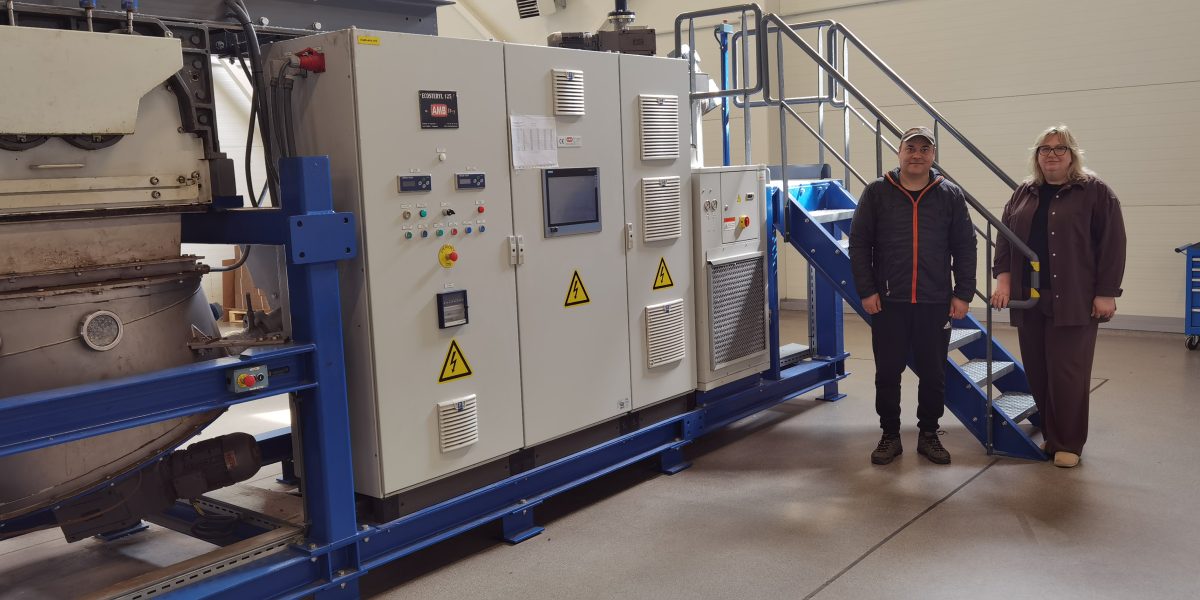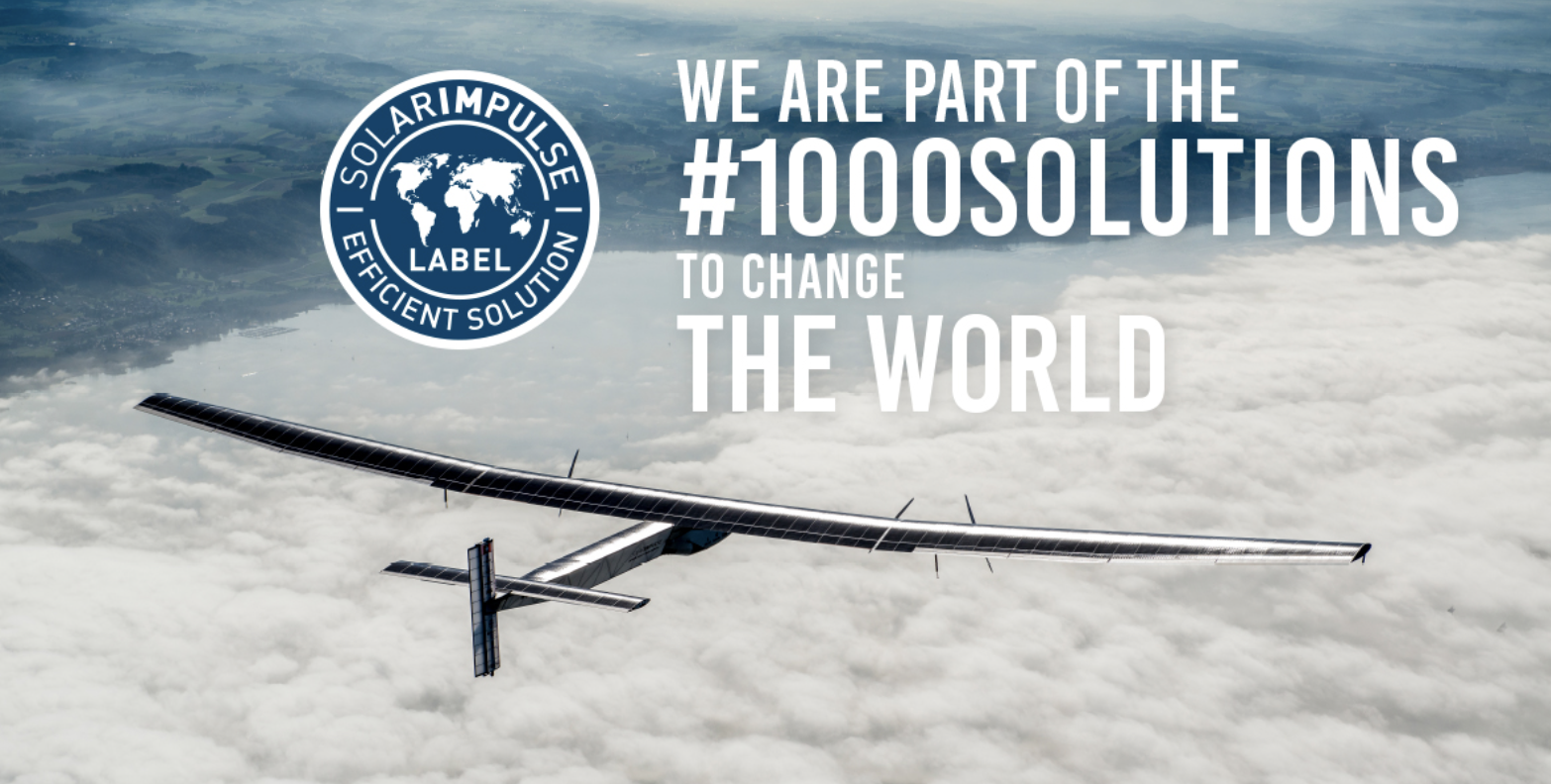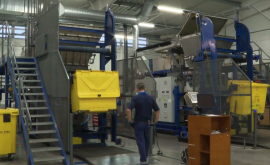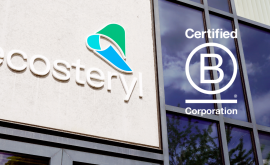An Ecosteryl in Lithuania
Kauno Klinikos hospital in Lithuania uses an Ecosteryl 125 to disinfect its waste

Since 2016, Kauno Klinikos Hospital of the Lithuanian University of Health Sciences has been treating all its medical waste approximately 1.5 tonnes per day at an on-site facility attached to the hospital.
Ms. Vaida Kolesnikovienė, Head of the Waste Management and Control Department, and Mr. Nerijus Vasilionka, a dedicated operator from the start, run this facility with two other staff members. They have chosen an Ecosteryl 125, which they operate five days a week.
A pioneering hospital in medical waste management in the Baltic states
Kauno Klinikos Hospital chose to invest directly in 100% electric technology to minimize its environmental impact. With the Ecosteryl, the hospital can directly decontaminate its hazardous medical waste on-site. Each waste bin is brought to the machine (Ecosteryl 125 model), which disinfects between 125 and 175 kg per hour. These now harmless wastes can then be disposed of through regular waste channels.
By disinfecting the waste directly at the source, the Kauno Klinikos Hospital reduces infection risks. The waste does not need to be transported elsewhere for treatment, leading to less handling, fewer risks, and reduced waiting time, which helps prevent bacterial proliferation.
“Thanks to the machine, we have made our teams more accountable and significantly improved the sorting of syringes, probes, and metal equipment,” says Ms. Vaida Kolesnikovienė.
Investing in a disinfection machine allows for re-evaluating waste flows and thereby improving sorting and consumption. Ultimately, it’s a real benefit for the hospital to manage the entire process up to disinfection.
Training and collaboration in medical waste disinfection: A successful partnership
Mr. Nerijus Vasilionka shares: “Working with the Ecosteryl has enriched my knowledge of mechanics, automation, electronics, and hydraulics. Communication with the manufacturers in Belgium also enhances my skills in international collaboration.”
“I enjoy using the Ecosteryl machine because it is well-designed and well-thought-out, presenting me with challenges every day.”
With eight years of experience and mastery of the machine, Mr. Nerijus Vasilionka is now able to train new operators effectively. In November 2023, he welcomed a new team member, providing comprehensive training in just one week. Several aspects simplify the learning process for Ecosteryl machines, such as a touchscreen displaying real-time operating parameters and remote support from Ecosteryl’s after-sales team. It’s important to highlight that remote support is provided at no cost for the lifetime of the machine upon purchase.
For Ms. Vaida Kolesnikovienė, efficient waste management is important not only from an environmental protection standpoint but also for economic benefits and enhancing the hospital’s reputation.
Her advice includes :
- Having trustworthy staff and providing training;
- Installing a sorting system;
- Encouraging responsible consumption and reuse;
- Periodically analyzing waste flows from hospital departments;
- Cooperating with reliable companies that can guarantee safe and responsible waste disposal;
- Acquiring a good shredding and disinfection machine for waste treatment. Choose a reliable company to ensure machine maintenance and follow-up;
- Continuously monitoring waste management results and looking for ways to improve them.



